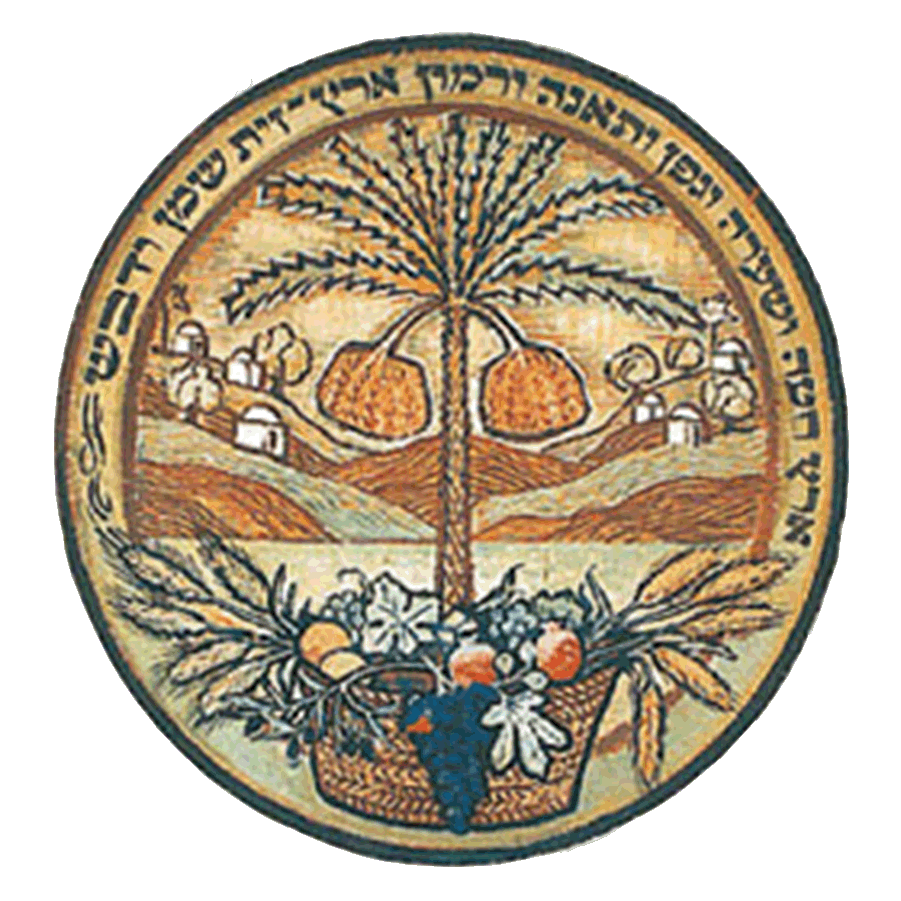Characterization of Forage Productivity and Quality Under Mediterranean Conditions
The forage-based animal production system can support a sustainable food system by providing high-quality and affordable food. However, this system is often overlooked and can be affected by climate change. Wheat is a commonly produced grain crop that can be used as a source of forage for livestock, but modern wheat forage varieties are lacking.
The main objective of this project is to improve the productivity and forage quality of wheat in Mediterranean environments by improving stem structural biomass, optimizing grain filling duration, and manipulating planting and harvest dates to breed high-yielding dual-purpose wheat varieties.
So far, the project has successfully made crosses between hollow and solid-stemmed wheat varieties, creating stabilized and homozygous breeding lines for use as a mapping population. Field comparisons of these lines have demonstrated their effectiveness in characterizing stem solidness, resulting in the identification of solid, hollow, and semi-solid lines.

Figure 1. The expression of stem solidness phenotype in advanced wheat lines grown under field conditions.
